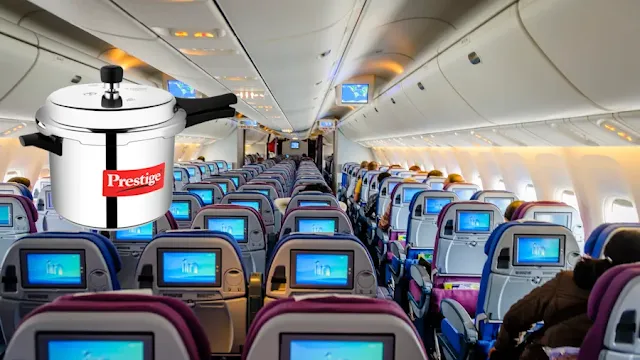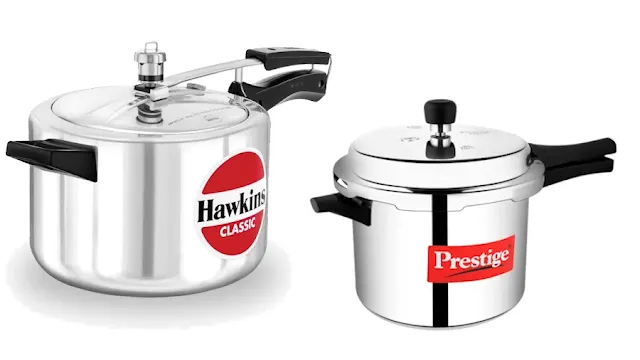Table of Contents
Traveling with kitchen appliances like pressure cookers and steel utensils is common, especially for those relocating or seeking the comforts of home abroad. However, strict aviation regulations govern what you can carry in carry-on and checked luggage. This guide provides detailed rules and practical tips for carrying pressure cookers, slow cookers, electric stoves, and steel utensils on flights, ensuring compliance with airline policies and a hassle-free journey.
Can Pressure Cookers Be Carried in Checked Baggage?
Yes, pressure cookers, rice cookers, and similar appliances are generally allowed in checked baggage. To avoid issues during security checks, ensure the cooker is clean, free of food residue, and securely packed. Use bubble wrap or padding to protect the appliance from damage during transit. Always check with your airline, as some may have specific restrictions on certain models or sizes.
Can I Take a Pressure Cooker in My Carry-On?
Pressure cookers are typically prohibited in carry-on luggage due to safety concerns. The heating elements and electrical components pose potential fire hazards, as noted by airline policies and security agencies like the TSA. For international flights, regulations may vary, so confirm with the airline and review the destination country’s aviation rules.
Can I Bring a Slow Cooker as a Carry-On?
Slow cookers, like pressure cookers, are generally not permitted in carry-on luggage due to their size, electrical components, and potential safety risks. They can be transported in checked baggage, provided they are clean and well-packed. Use sturdy packing materials to protect the slow cooker from rough handling during transit.
Can I Bring an Electric Stove on a Plane?
Electric stoves are not allowed in carry-on luggage due to safety regulations. However, you can pack them in checked baggage if they are clean and free of grease or food particles. Securely wrap the stove to prevent damage, and verify with your airline for any additional restrictions on electrical appliances.
Are Steel Utensils Allowed in Flight?
Steel utensils, such as spoons, forks, and knives, are permitted in checked baggage without restrictions. In carry-on luggage, sharp items like knives are typically prohibited by the TSA and other aviation authorities, as they may be considered potential weapons. Small, non-sharp utensils (e.g., plastic spoons or blunt butter knives) may be allowed, but always check with your airline.
Tips for Packing Cookers and Utensils for Air Travel
- Clean Thoroughly: Remove all oil, grease, or food residue from appliances and utensils to avoid security delays.
- Pack Securely: Use bubble wrap, towels, or padding to protect items from damage during transit.
- Check Airline Policies: Review your airline’s baggage rules, as restrictions may vary. Visit TSA’s website for U.S. flights or your airline’s baggage policy page.
- Prepare for Inspection: Be ready to unpack appliances or utensils for security checks, especially for international flights.
- Label Fragile Items: Mark your luggage as fragile to encourage careful handling by baggage handlers.
Carrying pressure cookers and steel utensils on flights requires careful planning and adherence to airline regulations. By following these guidelines, you can travel with your essential kitchen tools confidently and avoid complications at security checkpoints.
Frequently Asked Questions
Can I carry a pressure cooker on an international flight?
Yes, pressure cookers are generally allowed in checked baggage on international flights, but not in carry-on luggage. Always check with your airline and the destination country’s aviation authority for specific restrictions.
Are steel knives allowed in checked baggage?
Yes, steel knives are permitted in checked baggage. However, they are prohibited in carry-on luggage due to security concerns.
How should I pack a pressure cooker for a flight?
Clean the pressure cooker thoroughly, remove any food residue, and pack it securely with bubble wrap or towels in checked baggage to prevent damage.











